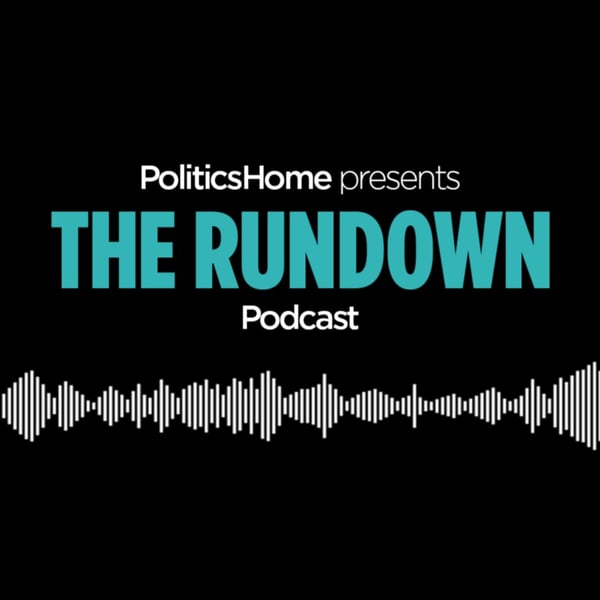Our politics is broken, can PR fix it?
The Rundown by PoliticsHome
PoliticsHome
4.1 • 105 Ratings
🗓️ 13 December 2024
⏱️ 34 minutes
🧾️ Download transcript
Summary
What does the continued fracturing of the UK’s political landscape means for our democracy going forward? After a preliminary vote on proportional representation surprised almost everyone in Westminster by passing last week, will this Parliament might finally see some movement on electoral reform? Lisa Smart, Liberal Democrat MP for Hazel Grove and vice chair of the new All Party Parliamentary Group for Fair Elections, Dr Jess Garland, Director of Research and Policy at the Electoral Reform Society, and Robert Ford, Politics Professor at the University of Manchester and author of the Swingometer newsletter, join Alain Tolhurst to discuss whether fragmentation is here to stay.
- To sign up for our newsletters click here
Presented by Alain Tolhurst, produced by Nick Hilton and edited by Ewan Cameron for Podot
Transcript
Click on a timestamp to play from that location
| 0:00.0 | Hello and welcome to The Rundown, a podcast from Politics Home with me, Alan Tolhurst. |
| 0:10.2 | This week, we're looking at what the continued fracturing of the UK's political landscape means for our democracy going forward. |
| 0:16.1 | After a preliminary vote on proportional representation, surprised almost everyone in Westminster by passing last week, |
| 0:21.5 | asking if this Parliament might finally see some movement on electoral reform. With me to discuss that, |
| 0:26.1 | I'm delighted to have on the panel through brilliant guests, firstly leads to smart, Liberal Democrat |
| 0:30.1 | MP for Hazel Grove and Vice Chair of the new All-Party Parliamentary Group for fair elections, |
| 0:34.1 | Dr Jess Garland, Director of Research and Policy at the Electoral Reform Society, |
| 0:38.1 | Robert Ford, politics professor at the University of Manchester, and author of the Swingometer |
| 0:41.9 | newsletter on Substack. So Rob, I'm going to start with you. Can you talk us through what we mean |
| 0:47.3 | when we say political fragmentation and what you've dubbed just recently electoral chaos theory |
| 0:53.0 | at the moment in the UK. Well, I mean, |
| 0:54.4 | I think three statistics, LM, will help introduce what we have before us now in terms of political |
| 1:00.3 | fragmentation. The first is 59%. That's the share that Labour and the Conservatives got combined. |
| 1:06.3 | It's the lowest ever share under the Universal franchise. That means four out of ten of the people who cast ballots in the election voted for someone |
| 1:13.7 | else. |
| 1:14.5 | The second is five. |
| 1:16.1 | Five is the minimum number of candidates who stood for election in every single seat this time. |
| 1:21.4 | The number of candidates standing across all seats is the highest that it's ever been. |
| 1:26.3 | And in practically every seat, voters had a choice |
| 1:29.7 | between at least five major party candidates, Labour, Conservative, Liberal Democrat, Green and Reform. |
| 1:35.5 | If you're Scottish or Welsh, you also get a nationalist option too, so up to an even half |
| 1:39.7 | dozen. And the third statistic is 48%. That's the share of seats that next time will be straight up Labour versus Conservative contest. |
... |
Transcript will be available on the free plan in -107 days. Upgrade to see the full transcript now.
Disclaimer: The podcast and artwork embedded on this page are from PoliticsHome, and are the property of its owner and not affiliated with or endorsed by Tapesearch.
Generated transcripts are the property of PoliticsHome and are distributed freely under the Fair Use doctrine. Transcripts generated by Tapesearch are not guaranteed to be accurate.
Copyright © Tapesearch 2025.

